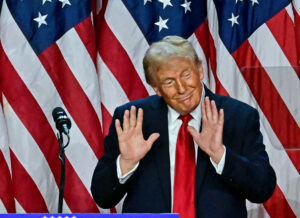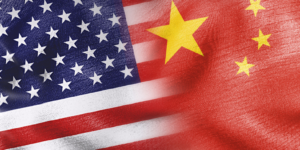In a sweeping new executive order, President Donald Trump has directed independent federal agencies—including the Securities and Exchange Commission (SEC), Federal Trade Commission (FTC), and Federal Communications Commission (FCC)—to submit their draft regulations for White House review before implementation. The move, which aims to centralize oversight and ensure policy alignment with the administration’s agenda, has sparked both support and backlash across the political spectrum.
What the Executive Order Does
The order grants the Office of Information and Regulatory Affairs (OIRA) greater authority in reviewing and influencing rules set by independent agencies. Traditionally, these agencies operate outside direct executive control to prevent political interference in their regulatory decisions. However, under this directive, agencies must now:



Notably, the Federal Reserve remains exempt from this directive, likely to preserve confidence in the central bank’s independence in monetary policy decisions.
Supporters Say It Increases Accountability
Supporters of the executive order argue that it increases accountability and consistency across federal regulations, ensuring that agencies do not overstep their authority or impose unnecessary burdens on businesses.
- White House officials have defended the move, stating that regulatory agencies should operate with more transparency and coordination with elected leadership.
- Business groups and conservative policymakers support the measure, arguing that previous administrations allowed agencies to wield unchecked power over industries.
Critics Warn of Political Interference
Opponents, including consumer advocacy groups and legal experts, argue that the order undermines the independence of regulatory bodies that were designed to operate free from political pressure.
- Democratic lawmakers and watchdog organizations warn that allowing White House review could lead to biased rule-making favoring corporate interests over consumer protections.
- Legal scholars suggest the order could face court challenges, questioning whether the president has the constitutional authority to exert control over agencies created by Congress.
- Former regulators have expressed concerns that agencies like the FTC and SEC—tasked with enforcing consumer protection and financial market stability—could be pressured to weaken regulations in favor of political or corporate interests.
Potential Impacts on Americans
The order could have wide-reaching effects on various industries and consumers:



What’s Next?
The executive order is expected to face legal challenges from advocacy groups and possibly state attorneys general, arguing that it violates the separation of powers and restricts the independence of agencies meant to regulate in the public interest.
As the policy unfolds, Americans should watch how agencies adjust their regulatory decisions and whether courts step in to block any controversial implementations.
What do you think about this new directive? Does it create more transparency and accountability, or does it risk political interference in vital regulations? Share your thoughts!









